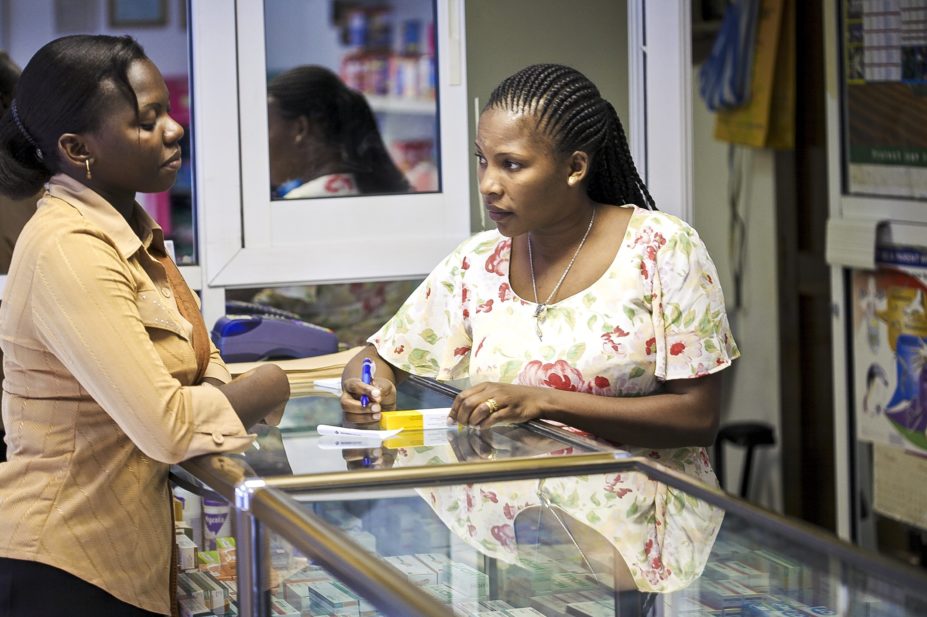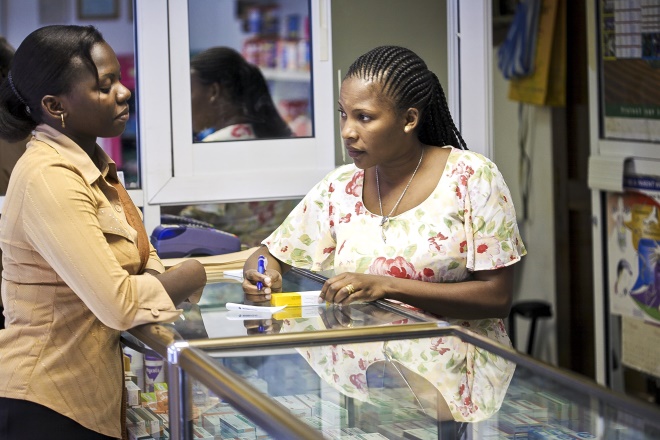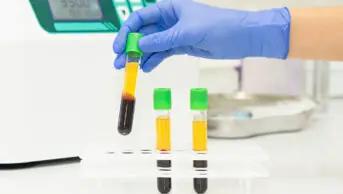
ANDY CRUMP/SCIENCE PHOTO LIBRARY
Open access article
The Royal Pharmaceutical Society has made this article free to access in order to help healthcare professionals stay informed about an issue of national importance.
To learn more about coronavirus, please visit: https://www.rpharms.com/resources/pharmacy-guides/wuhan-novel-coronavirus

Source: ANDY CRUMP/SCIENCE PHOTO LIBRARY
People from a black ethnic background are at a higher risk of death from COVID-19 than other ethnic groups
Black healthcare staff may have their risk from COVID-19 underestimated as assessments are not separating out different non-white ethnic groups when recommending mitigating measures, say pharmacy bodies.
Three COVID-19 risk assessment forms seen by The Pharmaceutical Journal only asked if the staff member was of a black, Asian or minority ethnic (BAME) background and no further details of the person’s ethnicity were requested.
This is despite ONS statistics showing that black males are 3.3 times more likely to die from COVID-19-related causes than white people. For black females, the risk is 2.4 times higher. In contrast, males of Bangladeshi, Pakistani and Indian ethnic background are around 1.5 times more at risk, whereas for females there was no difference, compared with white people.
The forms — two from NHS trusts and one from a city council — were given to Elsy Gomez Campos, the president of the UK Black Pharmacists Association (UKBPA), who said they may result in black healthcare workers at risk being missed.
“There is no way these [assessments] are going to identify any black pharmacist that is put at risk. When they start allocating points to identify who is at risk, they have put black people and all the BAME together,” she said.
Amandeep Doll, inclusion and belonging co-ordinator at the Royal Pharmaceutical Society, said that “data from Public Health England and the Office for National Statistics show that people from a black ethnic background are at a much higher risk of death from COVID-19 than all other ethnic groups.
“All BAME colleagues in primary and secondary care should receive an individual, culturally competent risk assessment, which includes identifying ethnicity and makes appropriate workplace adjustments to maximise risk reduction for pharmacy staff.”
On 24 June 2020, NHS England wrote to staff in healthcare settings — including pharmacies — saying that risk assessments for at-risk staff groups needed to be completed within four weeks.
A survey jointly conducted by the UKBPA and the Royal Pharmaceutical Society between 12–22 June 2020 found that more than two thirds of BAME respondents said they had still not been offered COVID-19 risk assessments, almost two months after NHS England asked employers to do so.
Speaking at the National Pharmacy Association (NPA) 2020 conference on 15 July 2020, Duncan Rudkin, chief executive of the General Pharmaceutical Council, said the survey results were “disturbing”.
“We need to bear in mind that the risk is very real,” Rudkin said. “There is now a body of evidence of that risk,” he added, which shows “the importance of focusing attention on risk assessments”.
Rudkin went on to say that employers should be conscious of the extrinsic risk from COVID-19, “but also of the apprehension many [BAME] colleagues have, and their feelings about risk. There is also a risk to wellbeing that we need to be mindful of”.


